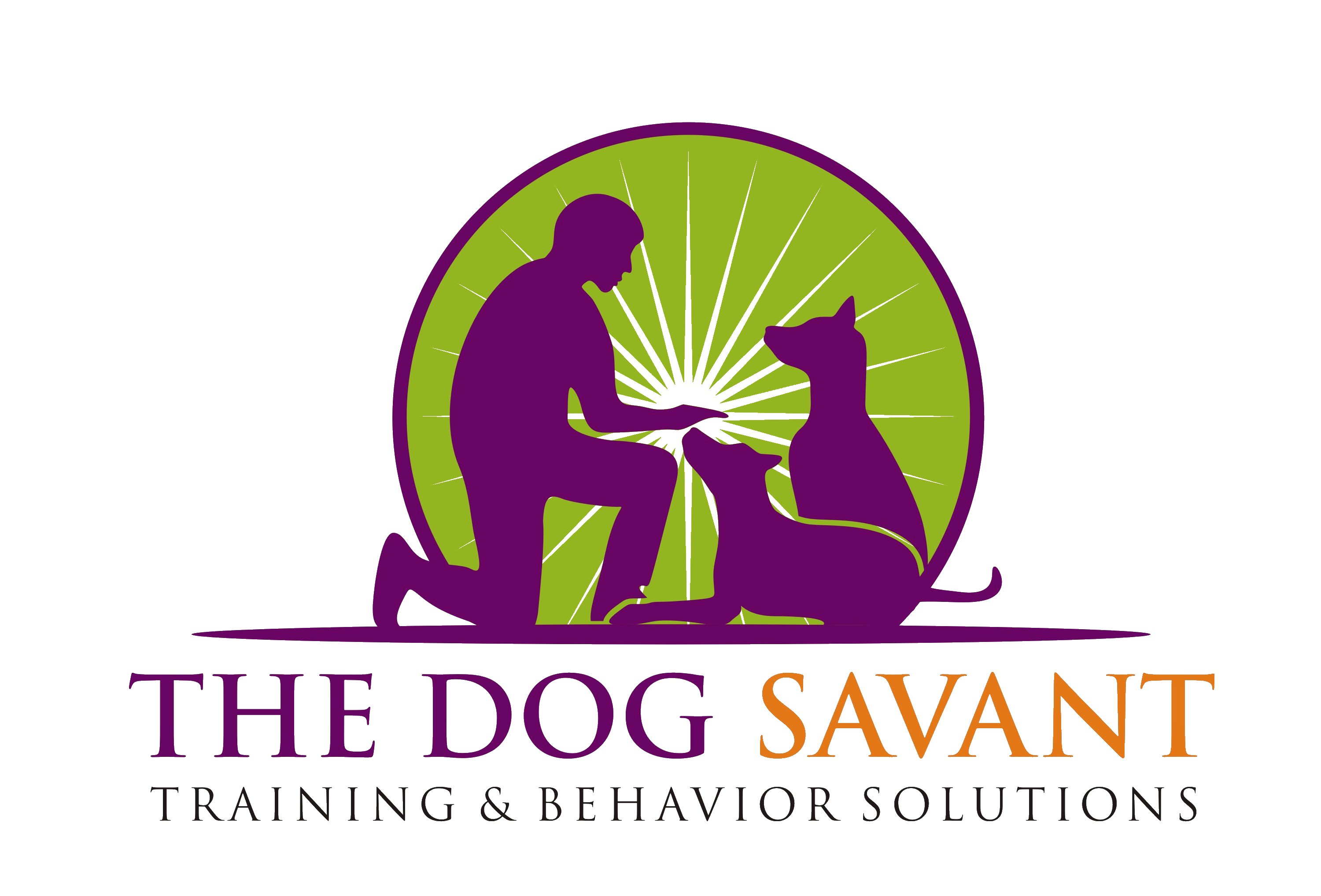Top 3 Considerations When Choosing a Dog Trainer: In Alaska or Elsewhere
As an experienced dog trainer of roughly 30 years, I’ve seen more than my fair share of dog problem behaviors, some common, and others unique to a single animal. I’ve also encountered story upon story told by my clients regarding experiences they’ve had with other trainers. I cringe at how some trainers treat animals and clients. So here’s my TOP 3 THINGS TO CONSIDER, when choosing a dog trainer. They apply to whomever you trust your dog or puppy with, someone other than The Dog Savant, perhaps a dog trainer that serves your local area.
EXPERIENCE
Start here. Does the dog trainer in question have years of experience? I’m all for supporting an up-and-coming young business owner, but it’s often not worth your time, hassle and money to hire a person who themselves is learning the ropes, or LEASHES in this case. Not all dogs are the same, not all clients either, and nothing beats experience when it comes to being a knowledgeable, effective and trustworthy dog trainer. Speaking of trustworthy, experience or years in business can say a lot about a trainer’s dedication to his or her profession and how well liked they are by their customers. You might assume someone in business for many years must be successful at their work, probably relying on referrals from happy customers. So DO pick a trainer with experience.
METHODOLOGY
Now this is where things get interesting, and a little more diligence is required of you to understand the methods used by a particular dog trainer before you hire them. Ask the trainer in question what his or her methodology is right out of the gate. If they can’t give you a clear, easily understood answer, if they won’t answer, or if their website or other marketing doesn’t discuss this topic… walk away. I use “Balanced Training Methodology” which is discussed in greater detail on my website at dogtrainingak.com. It’s too much to get into in this short article. Just know that I’ve come to understand through many years of experience and education that a dog trainer can’t simply force your dog or puppy to do what they want and walk away. They can’t treat all dogs the same. And it doesn’t do any good if the trainer can get a dog to behave, but the owner still can’t. Trainers need to work with and educate owners (takes people skills), employ techniques that will work for a particular dog’s unique self, use only humane and kind methods, and remain available to support the client long-term. Sometimes successful training takes extra time and effort. Fortunately, it’s always worth it in the end.
Customer Service
I touch on this a little above when speaking about remaining available for the long term. I suggest you stay away from dog trainers who act like a single, expensive visit will solve all your problems, or who don’t like they idea of clients texting, emailing or calling them when in need. Clients often need support, encouragement to keep doing the right thing, a confidence boost, or they might simply have a question. Maybe he or she forgot a particular lesson or command. Your trainer should show up to work, put in the time, and be available to the client as long as needed for the particular dog situation.
With these things in mind I’m certain you’ll make better judgments when hiring a dog trainer in your area, and you’ll spend less time and money helping your dog reach their potential to live a better life, be more cooperative with your needs, and make for a more enjoyable member of you family. If you need more clarification on anything mentioned in this article, don’t hesitate to send a quick text message to me or browse some of my YouTube videos that are listed on my website at dogtrainingak.com.

